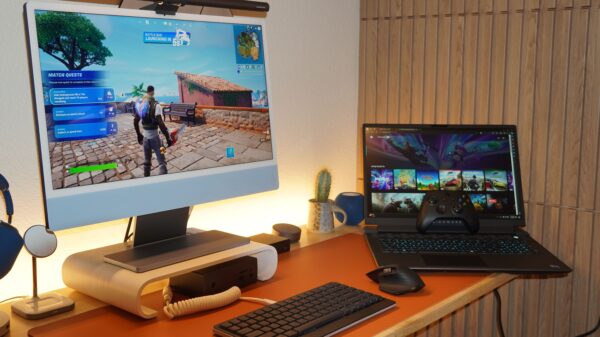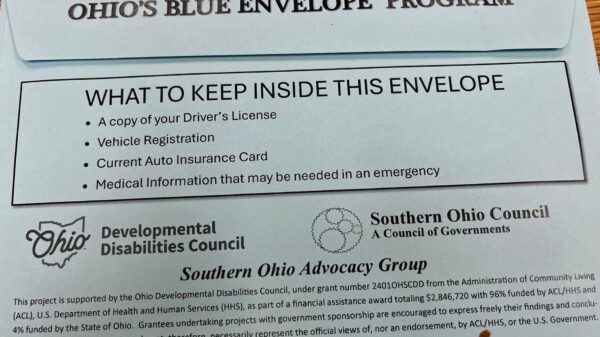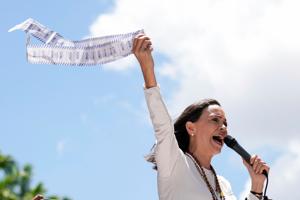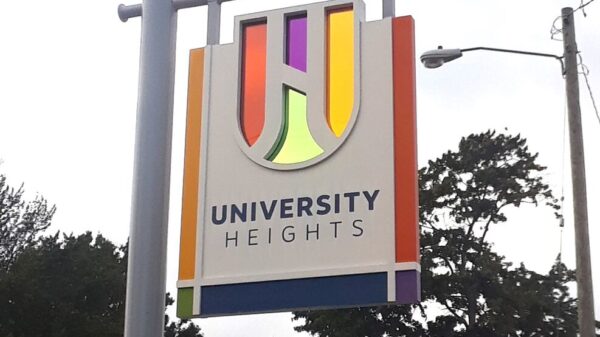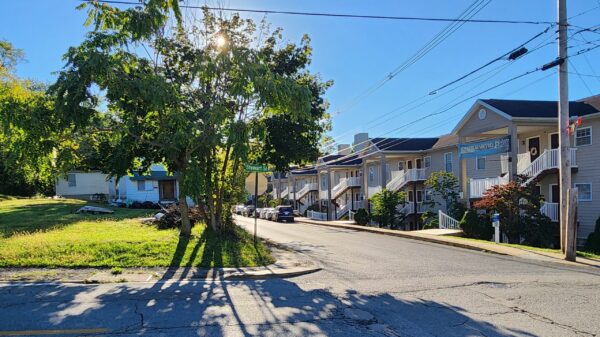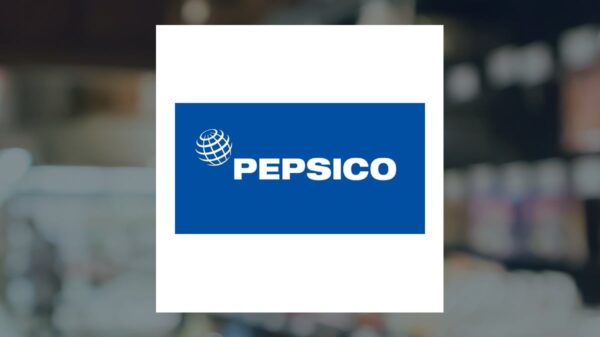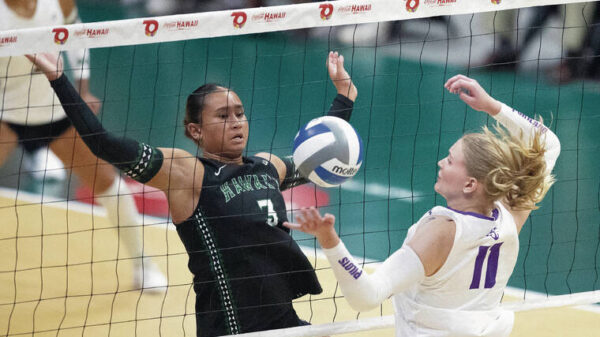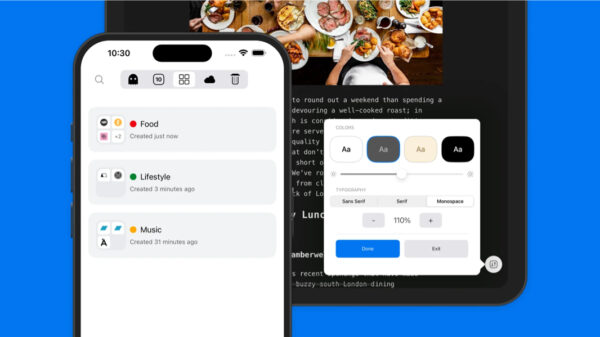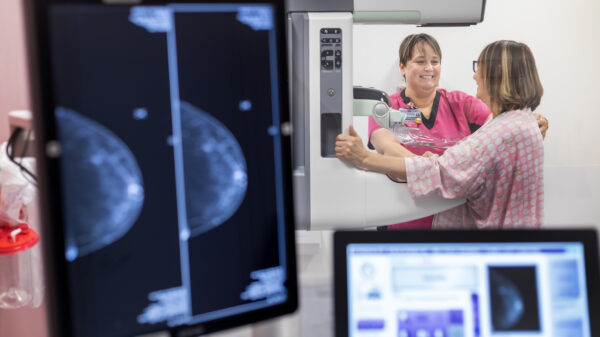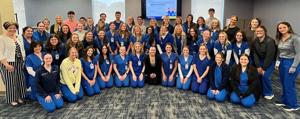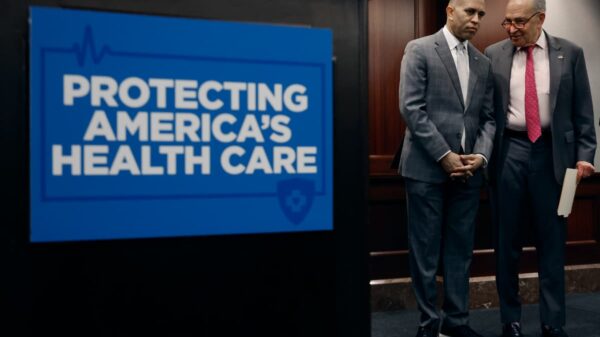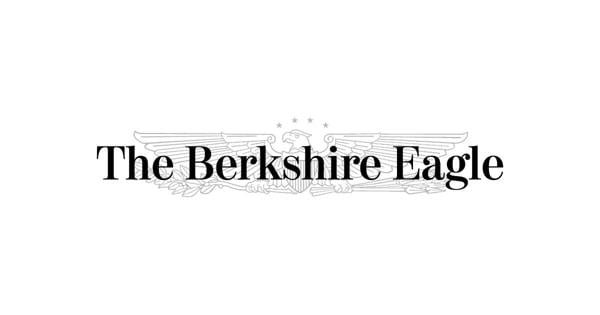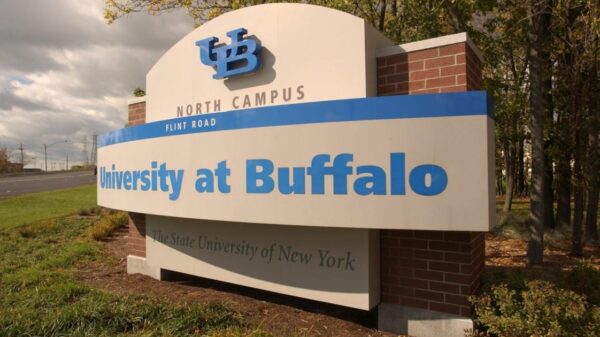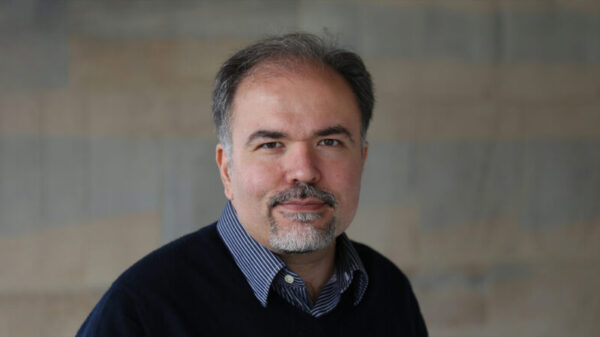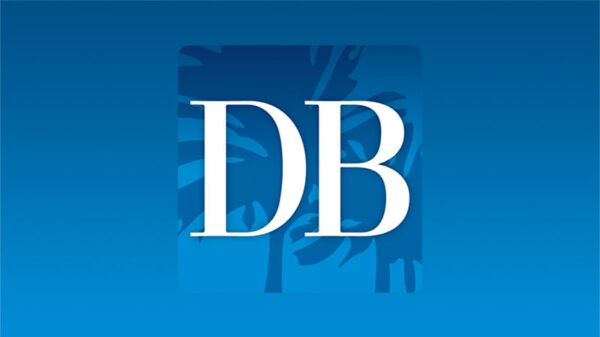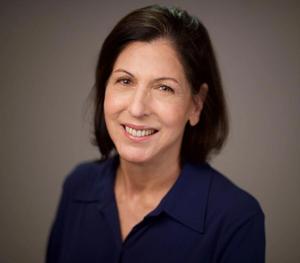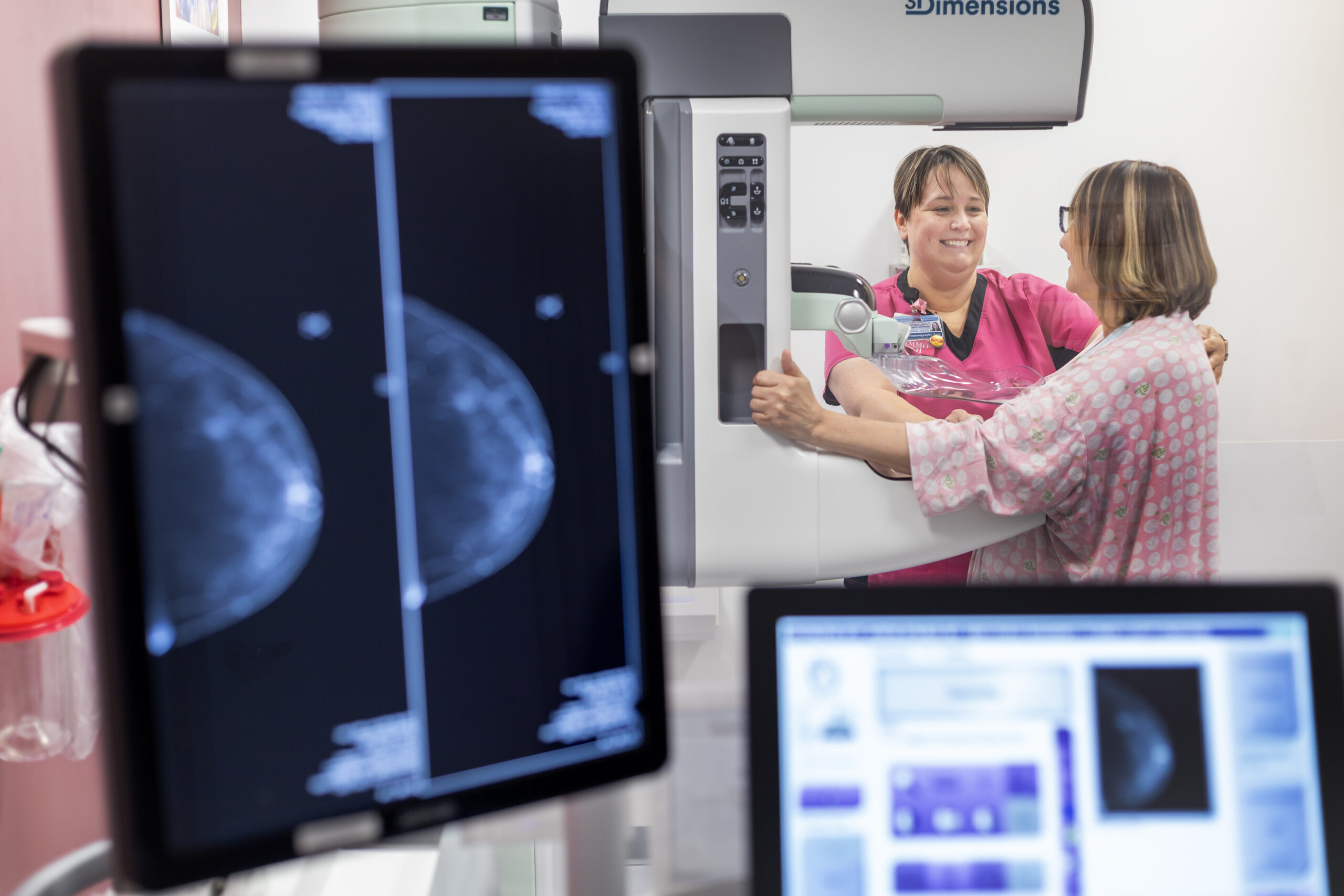Misunderstandings surrounding breast cancer screenings can hinder women from seeking necessary healthcare. Dr. Ekaterini Tsiapali, a breast cancer surgeon affiliated with MaineHealth, clarifies several prevalent myths about mammograms and emphasizes the importance of early detection.
Understanding the Importance of Mammograms
One common myth is that a family history of breast cancer is required for women to get mammograms. Dr. Tsiapali asserts, “All women should start getting mammograms at age 40, even if their relatives haven’t had breast cancer.” The reality is that approximately one in eight women will develop breast cancer in their lifetime, many without any familial links. Early screenings significantly improve the chances of successful treatment, making it essential for women to know their risk factors.
Another misconception is that mammograms are painful. While some women may experience minor discomfort, the process generally should not be painful. At MaineHealth, advanced equipment and trained staff strive to ensure a comfortable experience. “If you’re nervous, our team can provide tips and support to help you feel more relaxed during your screening,” Dr. Tsiapali says.
Addressing Additional Myths
The belief that mammograms are only necessary if a lump is felt is misleading. Regular screenings can detect cancer long before symptoms arise. Dr. Tsiapali explains, “The size of tumors found by mammograms is usually much smaller than what our fingers can feel.” Additionally, lumps deep within the breast may go unnoticed without imaging assistance.
Maintaining a healthy lifestyle through diet and exercise is commendable, yet it does not eliminate the need for mammograms. Regular screenings remain vital in identifying potential cancers early when treatment is more manageable.
Another prevalent myth is that mammograms are exclusively for older women. Although breast cancer risk increases with age, younger women, particularly those with dense breast tissue or a family history, may also need to start screening at an earlier age. Dr. Tsiapali advises, “At any age, if you feel a lump that persists, contact your doctor – even if you have had a mammogram recently.”
Financial concerns also deter many from getting screened, as some believe mammograms are too costly or not covered by insurance. In fact, most insurance plans cover annual mammograms. For those without insurance, MaineHealth offers the Access to Care program, which provides support to ensure cost does not become a barrier to screening.
Lastly, the notion that mammograms are time-consuming is incorrect. The procedure typically takes 30 minutes or less, making it easily fit into a busy schedule. Dr. Tsiapali encourages women, stating, “Getting a mammogram once a year is an excellent time investment for your overall health.”
Women should not feel isolated if they experience anxiety about the procedure. It is normal to feel apprehensive, and healthcare providers can offer solutions to alleviate fears.
Ultimately, mammograms play a critical role in saving lives. Women are encouraged to dispel these myths and prioritize their health by discussing screening options with their doctors.
Dr. Ekaterini Tsiapali, who recently joined the MaineHealth Breast Care and Cancer Supportive Care team, brings over 15 years of experience in breast surgical oncology and multidisciplinary cancer care. She is board-certified in general surgery and completed her fellowship in breast surgery at Women & Infants Hospital in Rhode Island. As part of Maine’s largest network of cancer care providers, Dr. Tsiapali is committed to delivering advanced care to patients and families across the state.
For more information on breast cancer screenings and support, please visit mainehealth.org.





